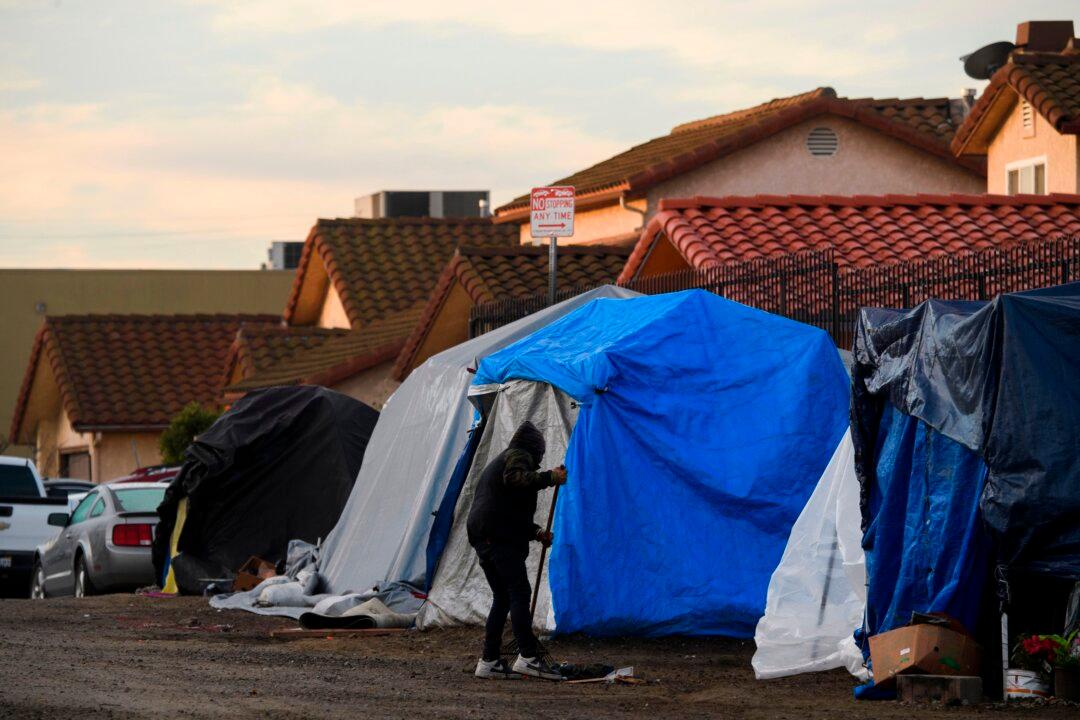A federal district court has upheld a faith-based homeless shelter’s right to provide its overnight sleeping areas to biological women only and to express its religious views publicly as the basis for admissions decisions against admitting biological males claiming to be female.
In a somewhat convoluted decision, the U.S. District Court for the District of Alaska dismissed the Downtown Hope Shelter’s request for an injunction against enforcement of a recently revised Anchorage city code anti-discrimination provision that could define the facility as a “public accommodation” and thus force it to accept men and women in a shared sleeping area.





